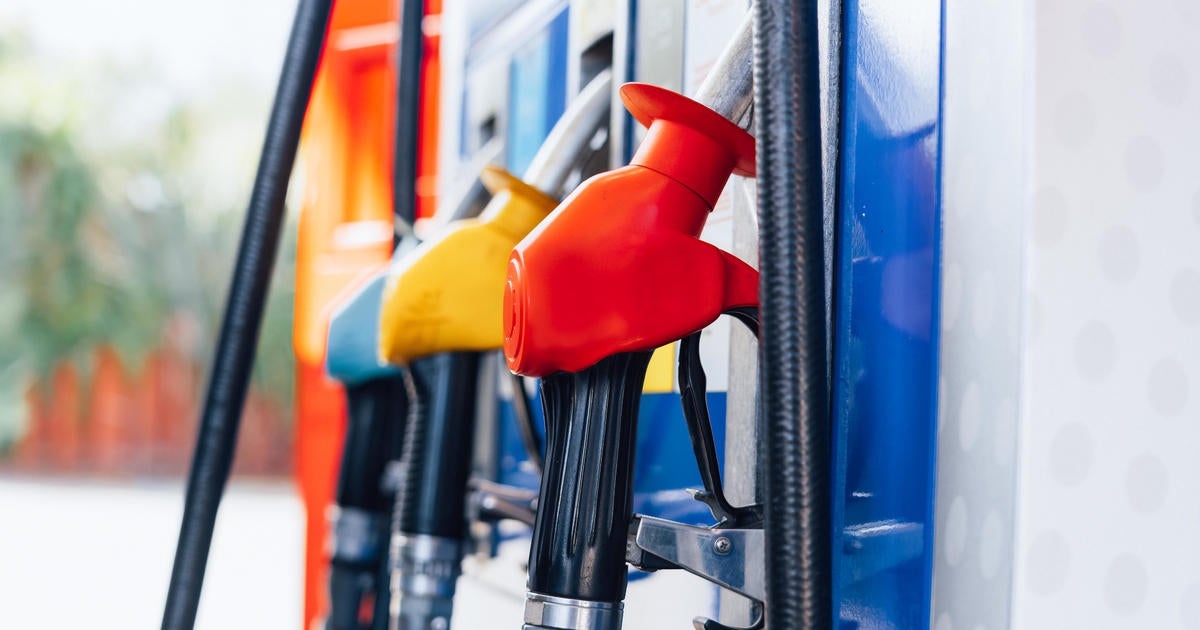4 high-yield savings account mistakes to avoid this spring
In a bid to bring inflation down to its 2% target, the Federal Reserve increased its federal funds rate several times over the past couple of years, leading to today's high-rate environment. In turn, the rates offered on credit cards, auto loans and mortgages are higher today than they were in recent years, making it expensive to borrow money.
But savers can take advantage of the upside to the current rate environment: high interest rates on deposit accounts. With the federal funds rate paused at a 23-year high, the returns on certificates of deposit (CDs) and high-yield savings accounts are a big draw for savers.
And, while it may be a good idea to open a high-yield savings account while interest rates are up, there are some mistakes that you should avoid.
Compare today's leading high-yield savings accounts now.
4 high-yield savings mistakes to avoid this spring
Here are five high-yield savings mistakes to avoid this spring.
Opening an account without shopping around
Right now, there are numerous options for high-yield savings accounts offering impressive returns. That said, some are more impressive than others — and it's important to earn the biggest return possible on your savings.
If you want to do that, be sure to shop around. Banks and credit unions compete for your business, and one way they do that is with interest rates on both loans and deposit accounts. So, be sure to compare rates at a number of financial institutions before you choose one — and be sure to compare the other factors, like monthly fees or charges that could come with the account.
Explore the best high-yield savings account options now.
Not comparing your options regularly
The rates being offered on high-yield savings account interest rates can change over time. So, you could open the account with the highest possible annual percentage yield (APY) today and then find a new account with a higher rate tomorrow.
So, it's typically a good idea to compare your account options regularly to ensure that you're not missing out on a great rate elsewhere — even after you open your account. While you probably don't need to compare your options daily, it could benefit you to take a look at what's available about once a month.
Keeping too much money in your account
High-yield savings account returns are variable, meaning that your account rate will change based on the overall rate environment. What that means is that if rates go down in the future, you'll earn less interest on the money in your account.
So, while these accounts can be a great place for your emergency savings, you may want to lock in today's high rates by putting some of your money in a CD — or look for other investment options instead.
"An emergency fund should carry a balance of six to 12 months of expenses," says Brandon Robinson, president and founder of JBR Associates, a financial services firm. So, if you have $5,000 in monthly expenses, your emergency fund should be a minimum of $30,000 and a maximum of $60,000, according to Robinson.
Anything over that amount could be better utilized in another type of interest-bearing account.
Ignoring sign-up bonuses
High-yield savings accounts can come with sign-up bonuses — and it's important to compare these bonuses as you weigh your account options. After all, if one account pays 5% with a $500 sign-up bonus and another pays 5.15% with no bonus, it may be worth opening the account with the bonus — provided you can meet the requirements. Just keep in mind that you'll probably have to keep the account open and funded for a certain time to earn the extra money.
Compare your leading high-yield savings account options today.
The bottom line
High-yield savings accounts can be a great way to take advantage of today's high-rate environment, but it's important to avoid the common mistakes outlined above when you do. Be sure to compare your options and regularly check your rate against the rates being offered by other banks and credit unions. And, if you want to maximize your returns, it can also help to compare the sign-up bonuses being offered with these types of accounts.




